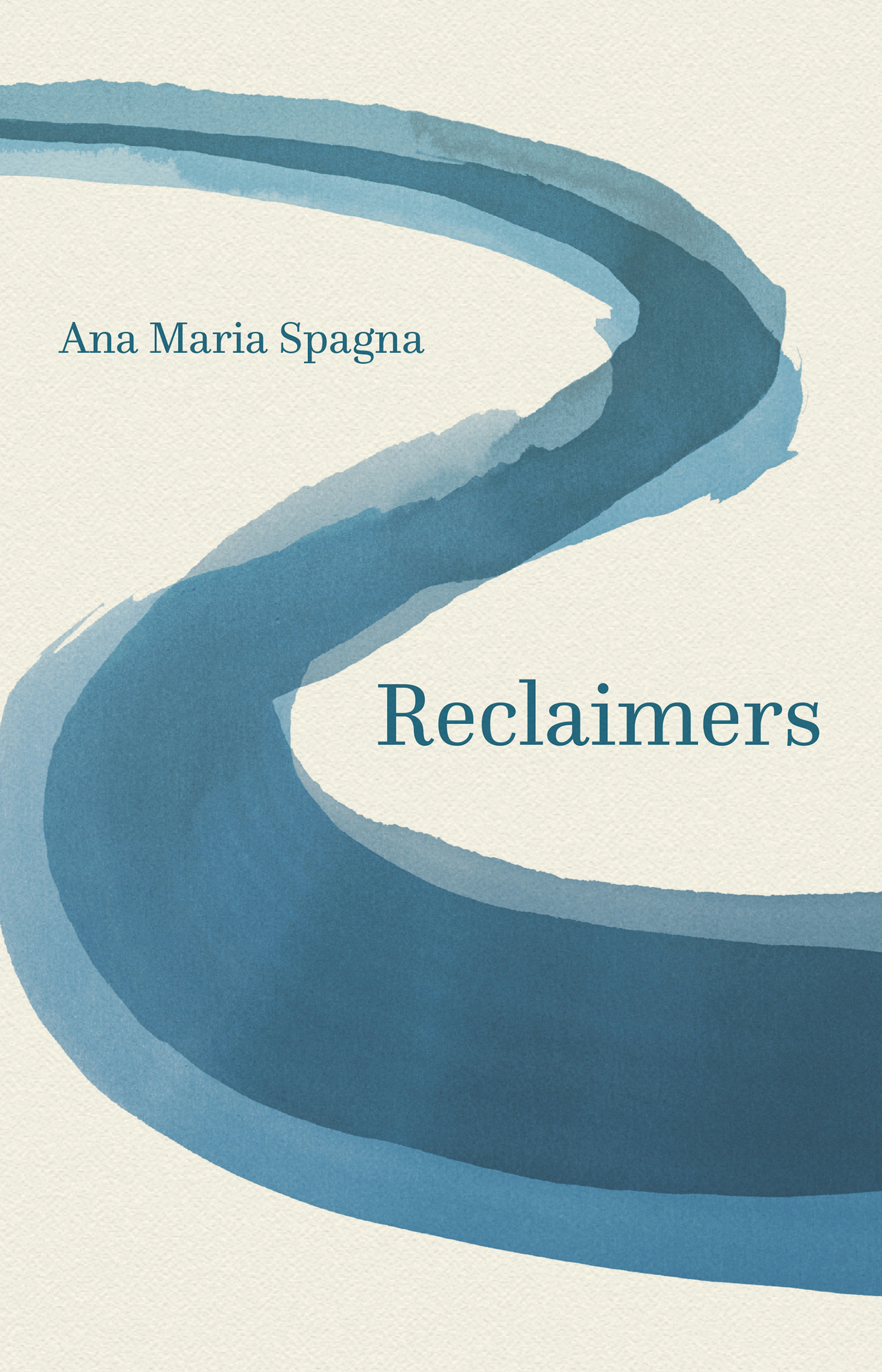"The premise of this book, that the urge for reclamation is a deep human need which is played out in our relationships to place, offers the potential for healing the apparent breach between people and the living landscape. This big idea is told in a humble way, through the stories of ordinary people who are doing extraordinary work, with an especially important focus on the work of indigenous peoples to reclaim ancestral lands and relationships. Spagna makes these usually invisible struggles clearly visible."
-
Robin Wall Kimmerer, author of Braiding Sweetgrass: Indigenous Wisdom, Scientific Knowledge and the Teachings of Plants
"When Ana Maria Spagna talks wilderness, people listen. In Reclaimers, she leads us up the slippery slope of government regulation, indigenous rights, salmon return, and forest management in search of moral high ground. If you live in the west, you will want to read this book. Bring a spare fan belt."
-
Kathleen Alcalá , author of The Desert Remembers My Name
"You have abandoned something precious in your life so you need to read Ana Maria Spagna’s Reclaimers by way of forgiveness and forward motion. As this book’s Timbisha Shoshone elder says, ‘We don’t break away from what is part of us.’ Like revising a poem, or restoring a friendship—but more complex by orders of magnitude—Reclaimers describes the sustained determination of individuals and communities to do right by sacred land, holy places, and processes that myriad acts of desecration have hurt but failed to destroy. In a world where many places have been paved, trashed, squandered to lesser uses, there may still be passionate devotion, scrappy persistence, clarity about value, and whatever work it takes to save a place—or, in the case of this fine book, tell the story of that transforming miracle. These stories restore our faith in sacred land, and in ourselves. Dawn may yet illuminate what has been reclaimed."
-
Kim Stafford, author of 100 Tricks Every Boy Can Do: How My Brother Disappeared
"A compelling and important book. In a recent talk, Barry Lopez said that the difference between ‘authentic stories’ and ‘inauthentic stories’ is that authentic stories are about ‘us’ but inauthentic stories are only about the person telling the story. For me, this is an authentic story, an important one to tell, and more hopeful than what I am used to."
-
Robin Hemley, author of Nola: A Memoir of Faith, Art, and Madness

